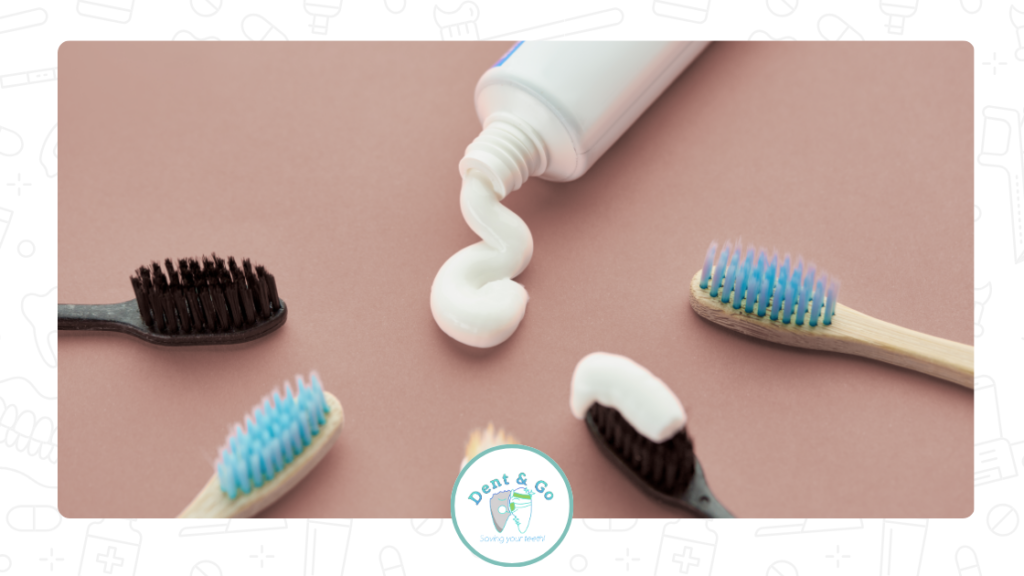Although fluoride is frequently praised as a vital component of dental health products, you could be surprised by its advantages and history. Fluoride is not an artificial chemical additive; rather, it is a naturally occurring mineral that is present throughout the crust of the Earth. This mineral is essential for keeping teeth healthy, and knowing how it functions will make you realise how important it is to your regular oral hygiene regimen.
The Role of Fluoride in Oral Health
A naturally occurring mineral, fluoride is present in many parts of the Earth’s crust and the natural world. Fluoride is also present in certain foods and water sources. When fluoride levels in community drinking water supplies are insufficient to support tooth strength and prevent tooth decay, fluoride is frequently added.
When researchers noticed that children who grew up drinking naturally fluoridated water had less dental decay than those living in places without fluoridated water, they knew that fluoride was beneficial in preventing cavities. This was discovered in the 1930s. Since then, numerous studies have demonstrated that tooth decay lowers when fluoride is added to a community’s water supply.
Because fluoride reduces tooth decay, numerous organisations, including the American Dental Association, the World Health Organisation, and the American Medical Association, have supported its use in water systems. It’s even been called “nature’s cavity fighter,” the American Dental Association (ADA) claims.
The Functions of Fluoride
Fluoride works in several ways to protect your teeth:
Enamel Strengthening: Fluoride strengthens tooth enamel by incorporating into it during the remineralization process, which increases its resistance to acid assaults from oral sweets and plaque bacteria.
Reversing Early Decay: By reinnergizing areas that have begun to demineralize, fluoride helps prevent minor damage from developing into cavities.
Inhibiting Bacteria: As a consequence of their metabolism of sugars, fluoride inhibits the production of acid by bacteria. The demineralization and deterioration of dental enamel are caused by this acid.
Is Fluoride Safe?
Like anything else, fluoride can be overdone, but when used correctly and in the right amounts, it’s safe and beneficial. Following decades of research, dental fluorosis—a condition that children may get if they are exposed to high fluoride for an extended period of time when they are too young—is the primary concern associated with fluoride misuse.
The benefits and safety of fluoride are well-established, according to the Centres for Disease Control and Prevention (CDC). There is no scientific proof that fluoride, when taken at the recommended dosages, has any negative health impacts. In actuality, the data consistently demonstrate that fluoride in the proportions found in household taps and toothpaste is both safe and effective.
However, the American Dental Association (ADA) reports that more than 125 organisations worldwide acknowledge the benefits and safety of fluoride, not just the CDC. The American Medical Association (AMA) is one of these organisations.
In summary, fluoride plays a critical role in the fight against tooth decay by providing a safe, natural way to block dangerous germs, strengthen enamel, and reverse early decay. Decades of research have confirmed its safety and effectiveness, and many international health organisations concur. You can maintain a healthy and bright smile by making educated decisions about your dental care by being aware of the function fluoride plays in oral health.

